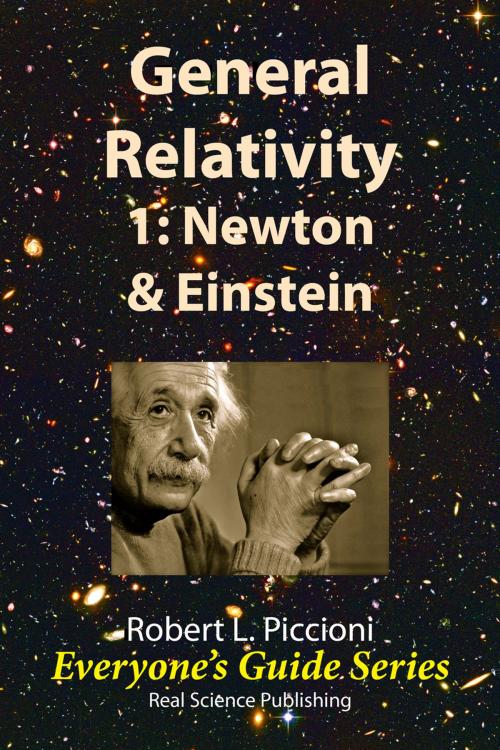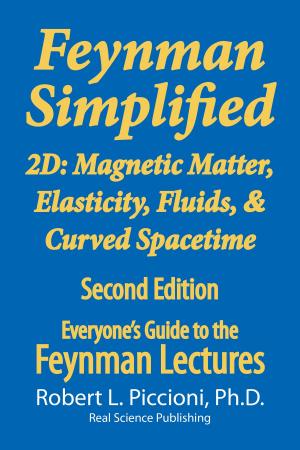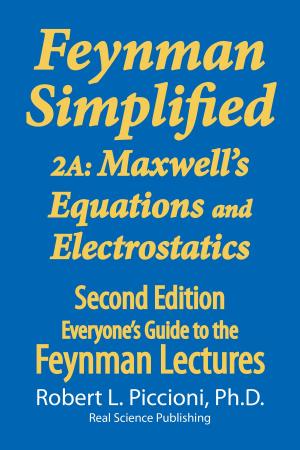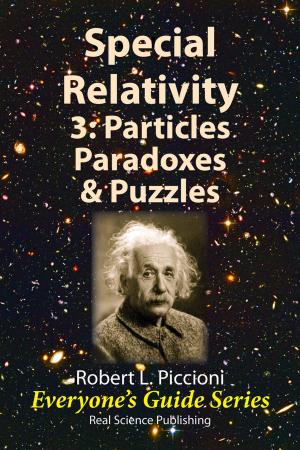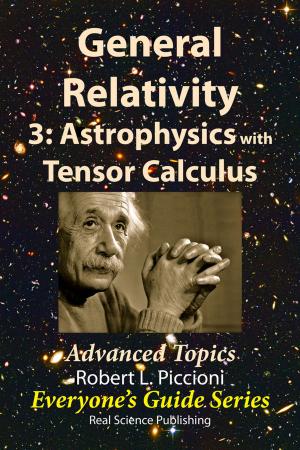| Author: | Robert Piccioni | ISBN: | 1230000147127 |
| Publisher: | Real Science Publishing | Publication: | July 1, 2013 |
| Imprint: | Language: | English |
| Author: | Robert Piccioni |
| ISBN: | 1230000147127 |
| Publisher: | Real Science Publishing |
| Publication: | July 1, 2013 |
| Imprint: | |
| Language: | English |
Relativity and Quantum Mechanics are the two major pillars of 20th century physics. These theories, launched within five years of one another, revolutionized our understanding of nature. They utterly dismantled the conceptual basis of Newtonian physics that had been the gold standard of science for over 200 years, and introduced radically new concepts that defy human intuition. These theories may represent the greatest upheaval in the history of science. Both Relativity and Quantum Mechanics were launched over 100 years ago, yet we are still digesting their broad and stunning implications. Both theories have been exhaustively tested and confirmed to extraordinary precision; as bizarre as they may seem at first, there is no denying that they describe our world as it really is.
Einstein’s Theory of Special Relativity, published in 1905, applies only to special situations in which everything moves with constant velocity — when there are no forces and no accelerations. In particular, Special Relativity assumes that the effects of gravity are negligible. While this theory revolutionized our understanding of many important natural phenomena, there was clearly a need to extend the theory to include forces and, most importantly, to incorporate gravity.
This book is the first of several in the Everyone’s Guide Series devoted to General Relativity. Here, we will compare the theories of gravity of history’s two greatest physicists: Newton and Einstein. We will discuss Einstein’s “Happiest Moment”, when he discovered the Equivalence Principle, and examine its important consequences. We will also discuss some several unexpectedly complex effects of gravity: tidal forces and time dilation .
Relativity and Quantum Mechanics are the two major pillars of 20th century physics. These theories, launched within five years of one another, revolutionized our understanding of nature. They utterly dismantled the conceptual basis of Newtonian physics that had been the gold standard of science for over 200 years, and introduced radically new concepts that defy human intuition. These theories may represent the greatest upheaval in the history of science. Both Relativity and Quantum Mechanics were launched over 100 years ago, yet we are still digesting their broad and stunning implications. Both theories have been exhaustively tested and confirmed to extraordinary precision; as bizarre as they may seem at first, there is no denying that they describe our world as it really is.
Einstein’s Theory of Special Relativity, published in 1905, applies only to special situations in which everything moves with constant velocity — when there are no forces and no accelerations. In particular, Special Relativity assumes that the effects of gravity are negligible. While this theory revolutionized our understanding of many important natural phenomena, there was clearly a need to extend the theory to include forces and, most importantly, to incorporate gravity.
This book is the first of several in the Everyone’s Guide Series devoted to General Relativity. Here, we will compare the theories of gravity of history’s two greatest physicists: Newton and Einstein. We will discuss Einstein’s “Happiest Moment”, when he discovered the Equivalence Principle, and examine its important consequences. We will also discuss some several unexpectedly complex effects of gravity: tidal forces and time dilation .
